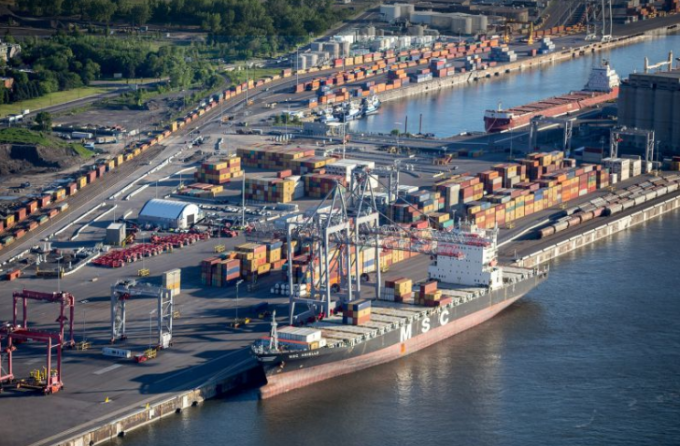American shrimpers welcome plan to 'make seafood great again'
Fish and seafood supply chains could be set to change following a US plan to ...

Disruption at Canada’s port of Montreal has stretched into a fifth day – as longshoremen ended a four-day industrial action yesterday, port checkers launched a one-day strike this morning.
The timing of the actions was designed to create maximum impact, said one forwarder.
By Thursday afternoon, the ...

Comment on this article